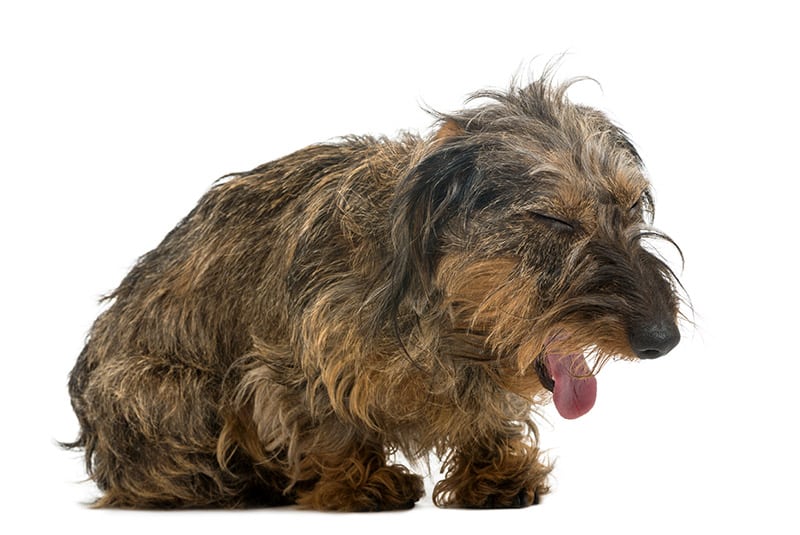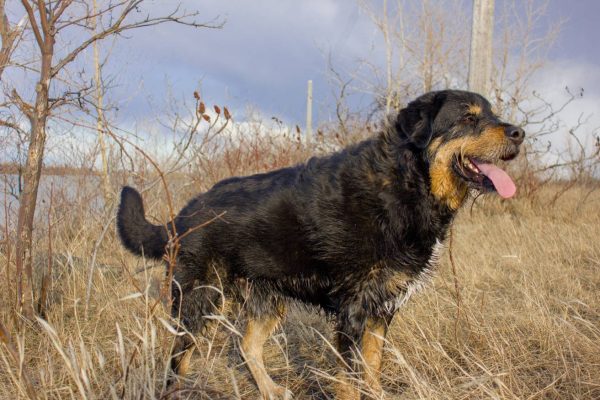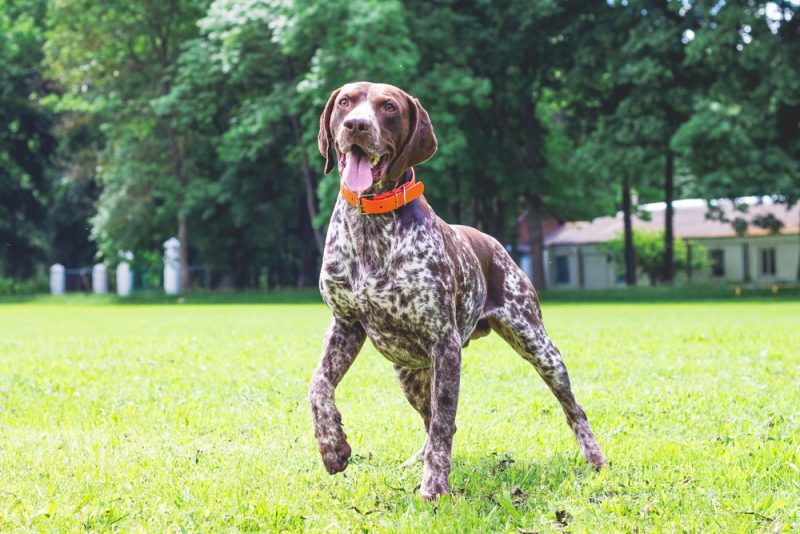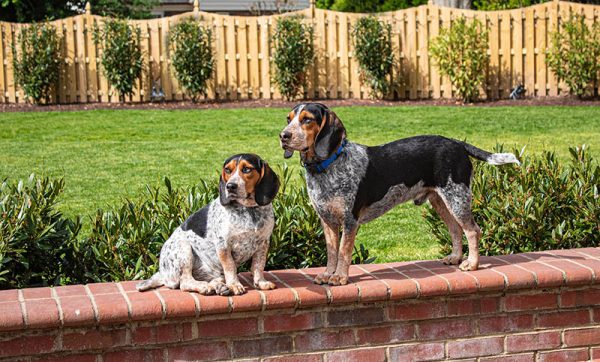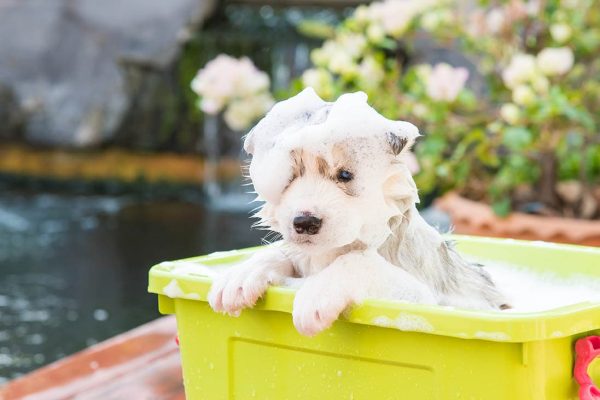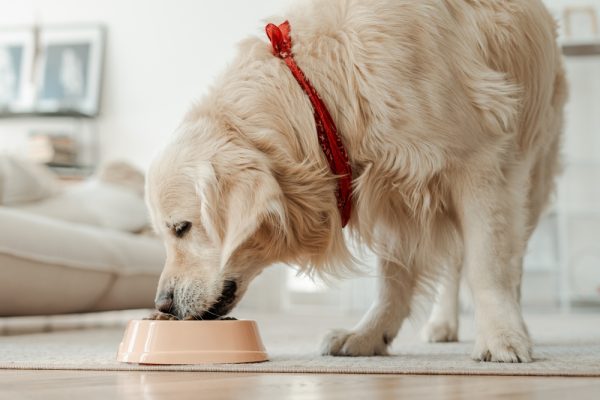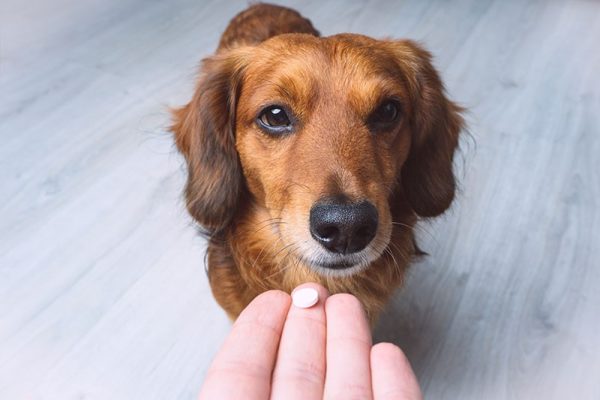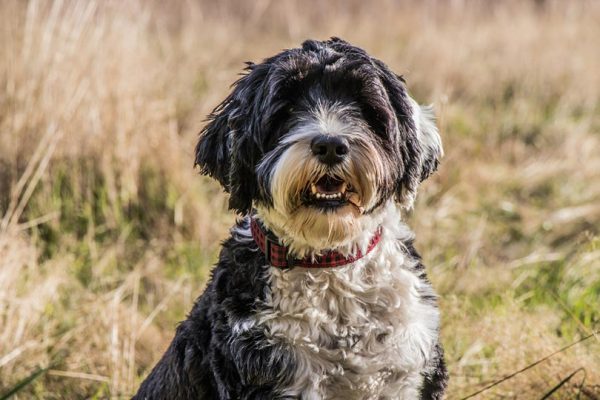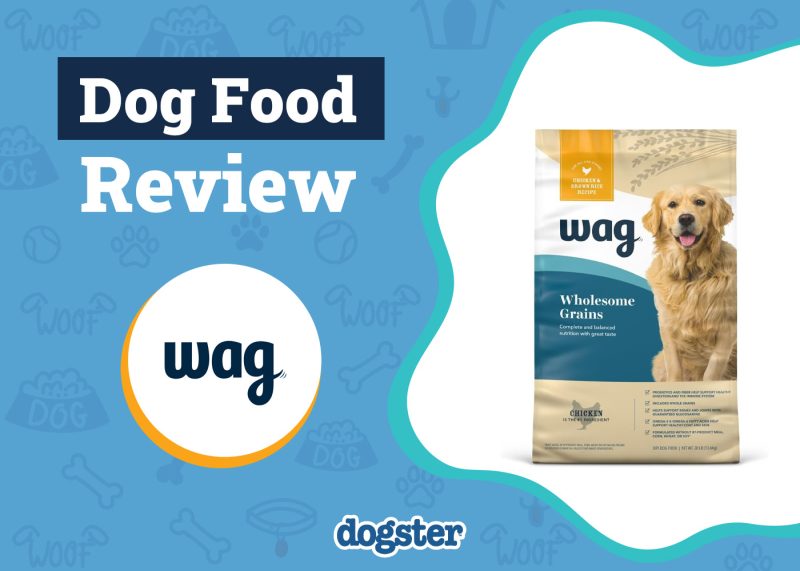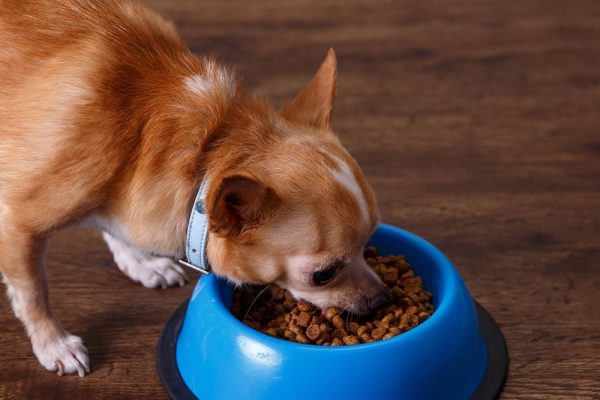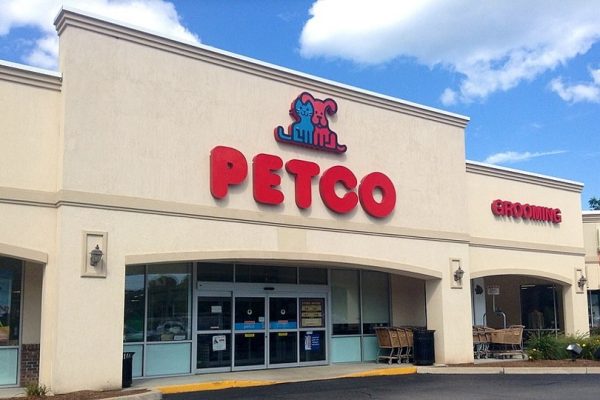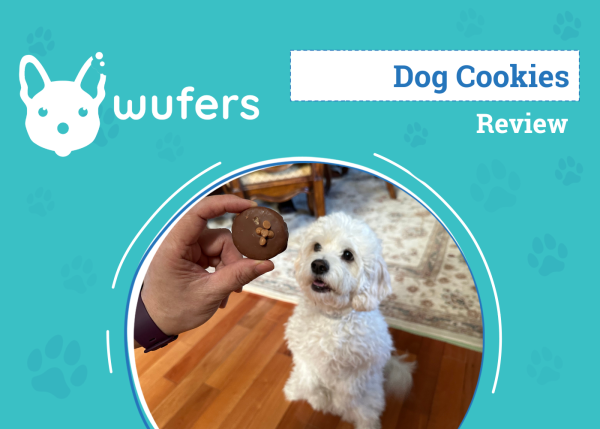In this article
View 4 More +As a pet owner, you expect your dog to get sick at some point during their lives, but some canine illnesses are more common than others, especially if you take your pet to a place where many dogs congregate, like doggy daycare or the dog park.
Kennel cough is one common illness that dogs often get due to it being highly contagious. If your dog has a frequent cough (usually with a “honking” sound) and you think they may have caught kennel cough, then contact your vet for advice. Most dogs improve on their own but some can develop more severe signs and need treatment from a vet. Let’s find out all the details of what kennel cough is and get all your questions answered so that you can help your beloved pooch recover as quickly as possible!

What Is Kennel Cough?
Kennel cough is a common respiratory infection (also called canine infectious tracheobronchitis) amongst our canine friends, gaining its name of “kennel cough” due to the infection spreading when groups of dogs are housed or kept together. It can be caused by a number of different viruses and bacteria and is highly contagious.
Most dogs develop a persistent hacking or honking cough but otherwise remain well in themselves, although occasionally it can cause more severe signs. Fortunately, there are vaccines available to protect against the most common bacteria and viruses involved in infections. Because it is most prevalent in dogs who are boarded together, many boarding kennel establishments may require it as part of their vaccine protocol.
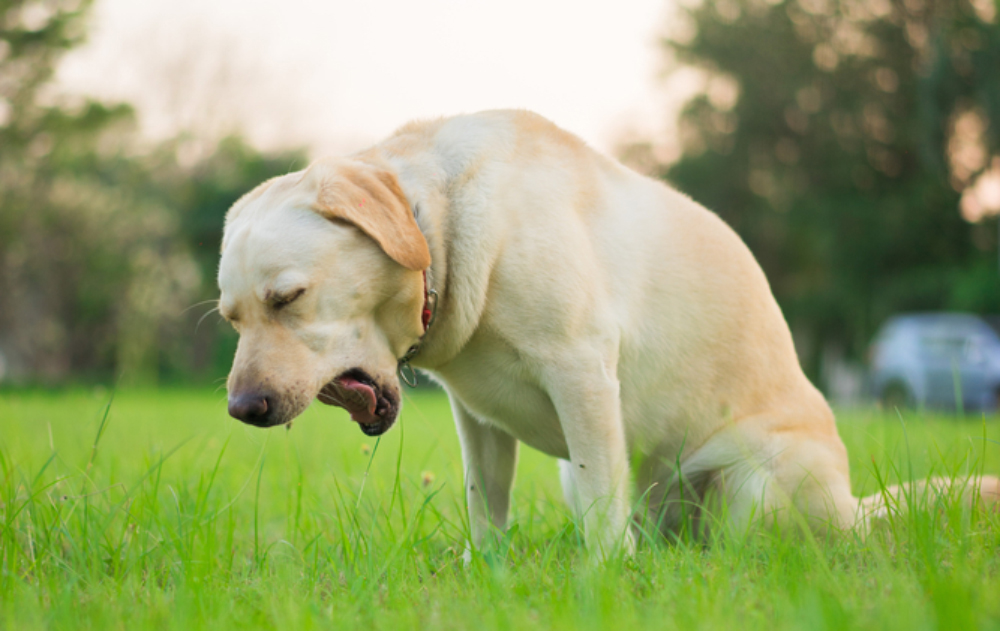
Signs of Kennel Cough in Dogs
The signs your dog may exhibit are fairly straightforward, and your pooch may show just one or a combination.
- Harsh, persistent cough, often with a distinct honking noise
- Dogs may gag or retch at the end of the cough
- Sneezing
- Runny nose
- Fever
- Lethargy
- Loss of appetite
If you notice one or a few of these signs, contact your veterinarian for advice. If your dog requires an appointment, make them aware that they have been coughing and kennel cough is suspected as they will have you wait elsewhere with your dog until the vet is ready to see them. This is to try and limit exposure and prevent it from being passed on to other dogs.
If your dog is showing signs of kennel cough, we suggest you speak to a vet.
If you need to speak with a vet but can't get to one, head over to PangoVet. It's our online service where you can talk to a vet online and get the advice you need for your pet — all at an affordable price!

What Causes Kennel Cough?
Most commonly, this respiratory infection is caused by a bacteria known as Bordetella bronchiseptica, although it can be caused by other agents as well, including canine parainfluenza virus and canine adenovirus.
Dogs spread kennel cough through airborne droplets or direct contact with another dog or contaminated surfaces, like food and water bowls or the touching of noses. As mentioned earlier, it is not only at boarding kennels where this can be picked up but anywhere where dogs are (the park, the groomer, veterinary waiting rooms, etc.).

How Do I Care for a Dog With Kennel Cough?
Prevention is always better than cure and a vaccination is available for kennel cough. No vaccine can offer complete protection as the viruses and bacteria can be different from one case to another. Most respectable and reputable boarding kennels and daycare establishments will require your dog to be vaccinated against kennel cough.
Should you suspect kennel cough, the first thing to do is to contact your veterinarian for advice. Some other conditions can present with similar signs to kennel cough and while most dogs recover well and without complications, young puppies, older dogs and some dogs with underlying health conditions can get more severe signs that require treatment.
The signs of kennel cough typically last for 1-3 weeks. Keep your dog rested and away from other dogs, and ensure good nutrition and hydration. Use a harness rather than a collar if you do take them out. Your dog is very contagious to other dogs while they are showing signs and for 2-3 weeks afterwards. At home practice good hygiene, always wash your hands and if possible try your best to separate your sick dog from any other dogs you have at home. Also, clean rooms and surfaces thoroughly with a disinfectant, and do not share bowls, toys, bedding, and other items.
Ideally, the house should be maintained at an optimum temperature. You may find a humidifier or steamer therapy helpful in reducing the coughing.
If your dog has a severe cough or appears unwell your vet may prescribe medication to reduce the inflammation and coughing. Antibiotics may be required to treat bacterial infections. In very rare cases dogs can develop pneumonia in which case they will need more intensive treatment.


Frequently Asked Questions
When Do Signs of Kennel Cough Start to Show?
Signs normally appear in dogs 2–14 days following exposure.
Can Humans Get Kennel Cough?
Most of the causes of kennel cough are species specific but there have been rare reports of bacterial infections with Bordetella bronchiseptica being transmitted to immunosuppressed humans.
What Are the Signs of Kennel Cough in Humans?
People may develop respiratory symptoms such as a cough, breathing difficulties or a sore throat if they have contracted kennel cough. Although it is extremely rare for humans to catch kennel cough, if you are concerned about any signs and have had contact with an infected dog, contact your doctor or health provider.

Conclusion
Kennel cough is commonly seen in dogs, and you may have witnessed this respiratory infection already. Fortunately for most dogs kennel cough is not serious and will resolve on its own with rest and TLC, but it is always best to contact your veterinarian for advice if you suspect kennel cough. Try to help curb the spread by keeping them home during the infection and away from other dogs. As always, follow your vet’s advice for the quickest recovery so that you can see your pooch happy and thriving again.
See also:
- How Long Is Kennel Cough Contagious? (Vet Answer)
- Kennel Cough vs. Collapsed Trachea: How to Tell the Difference (Vet Answer)
Featured Image Credit: Eric Isselee, Shutterstock
